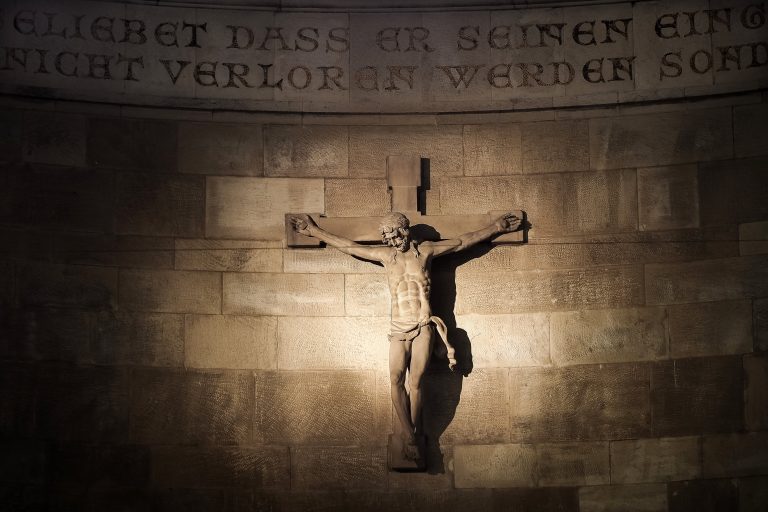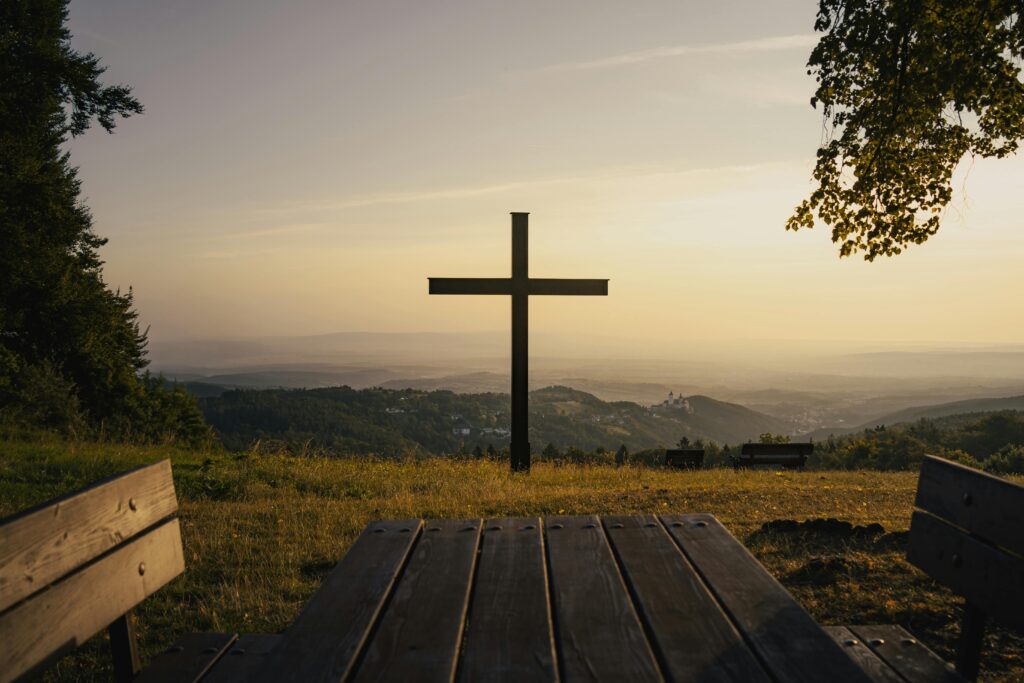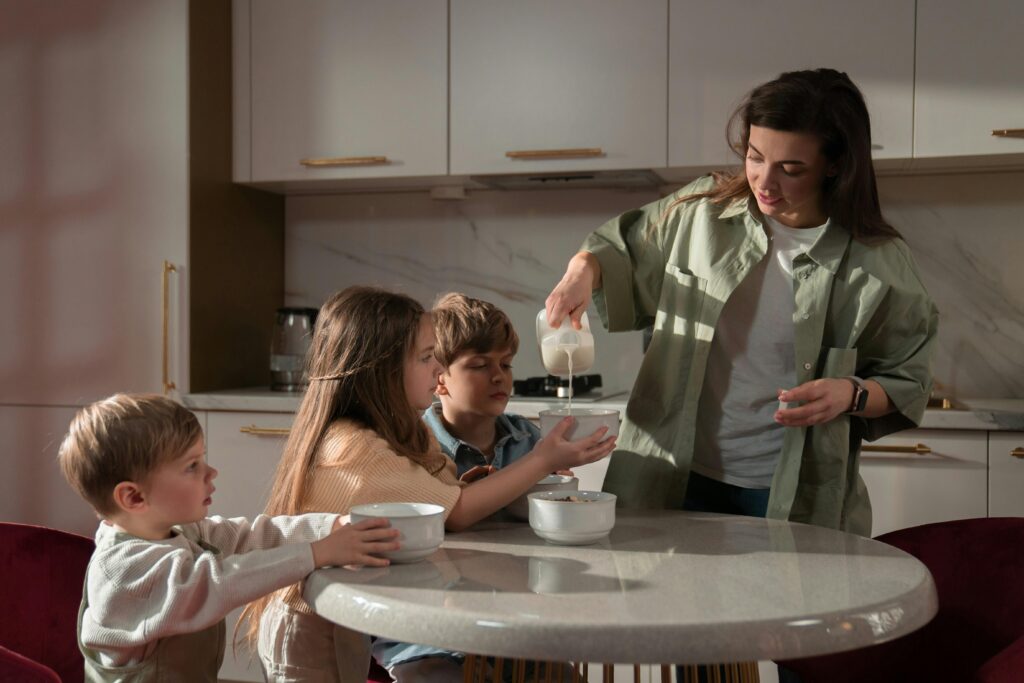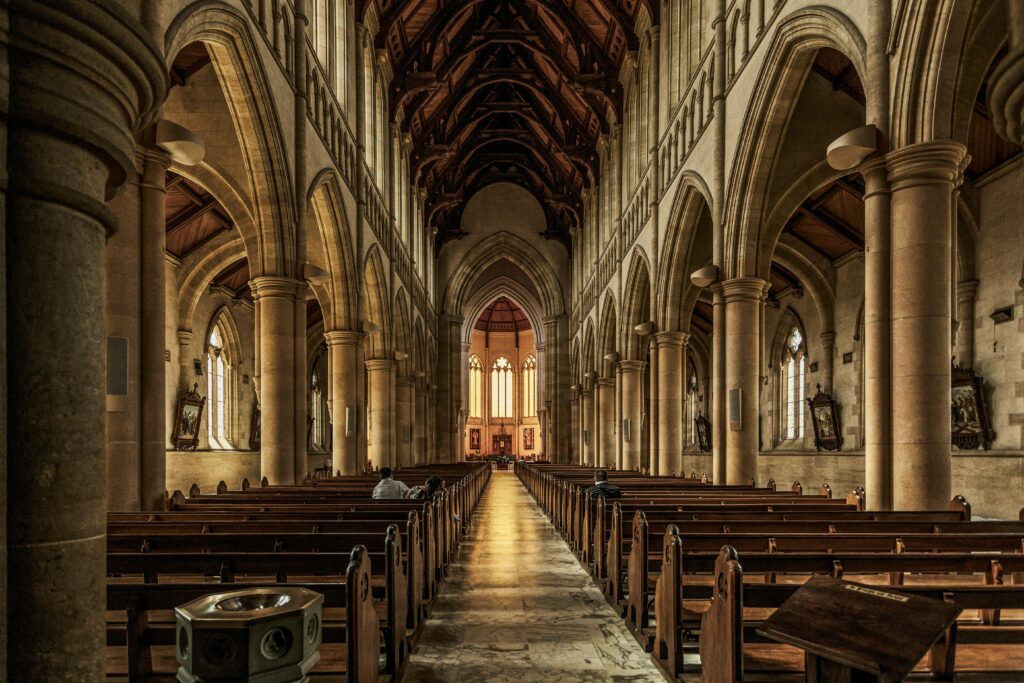Theology for Millennials: ‘Holy Week Challenge’
Live It Holily

In “Theology for Millennials,” on Monday, March 29, 2021, Mexican Father Mario Arroyo Martinez shares with Exaudi’s readers his article “Holy Week Challenge.”
* * *
Holy Week Challenge
We are already in Holy Week! How can we live it well? The challenge we face is clear: to live Holy Week holily. However, this year it’s more difficult, depending on the place where one is there will be or not religious services, perhaps social work and mission can’t be carried out, and attendance at silent retreats — a real privilege — might well be restricted.
The circumstances compel us to rediscover our inner self, to make Holy Week a personal, interior pilgrimage where we simply seek to put ourselves in Our Lord Jesus Christ’s shoes and what it cost Him to live the price of our redemption.
Fortunately, we have some tools that can help us to follow Christ’s steps closely and try to understand, in some way, His feelings in face of the drama of His Passion, Death, and Resurrection. One of these ways, tested by Christian piety, is the Way of the Cross, where, through 14 stations — or 15 if we follow Saint John Paul II’s ecumenical version, we accompany Jesus step by step in the feat of our redemption.
However, this practice itself isn’t enough; let’s say that it helps us to get going and become conscious of all that Jesus Christ suffered for us.
The Way of the Cross must be completed with our personal meditation. If we want to have profundity in our spiritual life, there is no other way than meditation, in this case, meditation on the mysteries that opened for us the doors of Heaven. The mysteries must resonate in our interior to bring about our conversion.
What should we meditate on? In fact, it’s not meditation in a vacuum, proper to the Buddhist tradition, but Christian meditation, focused on the mysteries of Jesus’ life, in this case, on the paschal mystery of his Passion, Death, and Resurrection.
And how is this done? We have no other way to do so than to immerse ourselves in Sacred Scripture, which is there for that! The Bible must not be a decoration in our homes, but a Book to which we go assiduously to seek the keys of life. Meditation requires as a fundamental imperative, the reading of the Word of God, namely, meditative reading, where I make an effort to distill the content, the meaning of every gesture and word.
A helpful suggestion, to meditate fruitfully on the Gospel, is to use our imagination and insert ourselves in the scene as one more character. In this way, we accompany Jesus — as in a film — from His triumphal entrance in Jerusalem — Palm Sunday — to His glorious Resurrection.
However, this meditation must not be a mere expectation of Jesus’ life, that is, it must not be reduced to an informative, sensitizing activity. On the contrary, it can be and is called to be performative, aspiring to give form to our life. It’s not about meditating on the Lord’s Passion and then doing nothing. If I’ve meditated well, something must happen; something must change.
So we come to the external dimension of the Holy Week Challenge, if not, it would run the danger of being an individualist contemplation. On the contrary, the faith well lived transforms our surroundings, our family, our society, and the world,
The social dimension of the Holy Week Challenge implies at least two measurable, quantifiable attitudes: in the first place, a more immediate change of style in our surroundings. It can be very varied: to smile more, to have a greater attitude of service, to intervene more in family dynamics, to be a great occasion to forgive and forget old grievances, etc.
In other words, our family milieu should note indirectly that we are meditating on Jesus’ Passion and that it’s transforming our life. In the second place, the Holy Week Challenge should lead us to carry out a work of mercy with those that are suffering, in whatever way we can, as, if we are contemplatives, we discover Jesus in those people.
Observing the precautions proper to the pandemic, it can be from giving generous alms to a beggar to inviting him to dinner, to visiting an elderly person or taking him to be vaccinated, to aiding an institution that helps marginalized people, in a word, creativity here has no limits and will easily get around the pandemic’s obstacles. What remains, therefore, is the challenge to live Holy Week holily — a real challenge.
Translation by Virginia M. Forrester
Related

Syncretism and the Relativization of Faith: The Challenge of Religious Relativism in a Pluralist World
Javier Ferrer García
11 April, 2025
5 min

Do I Know How to Exercise Authority Over My Children?
José María Contreras
11 April, 2025
2 min

Social Distancing in the Assembly
Irene Vargas
11 April, 2025
4 min

The Value of Humility at Work
José Miguel Ponce
10 April, 2025
2 min
 (EN)
(EN)
 (ES)
(ES)
 (IT)
(IT)

